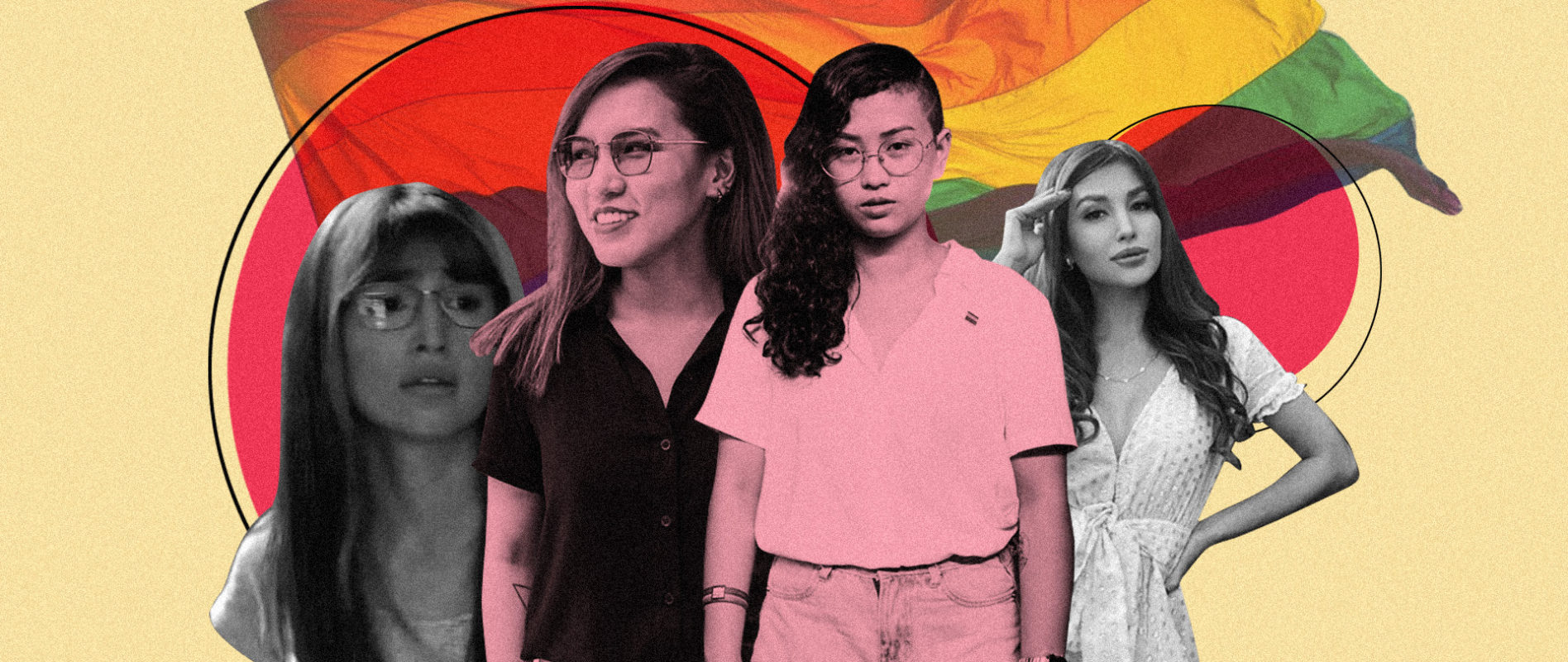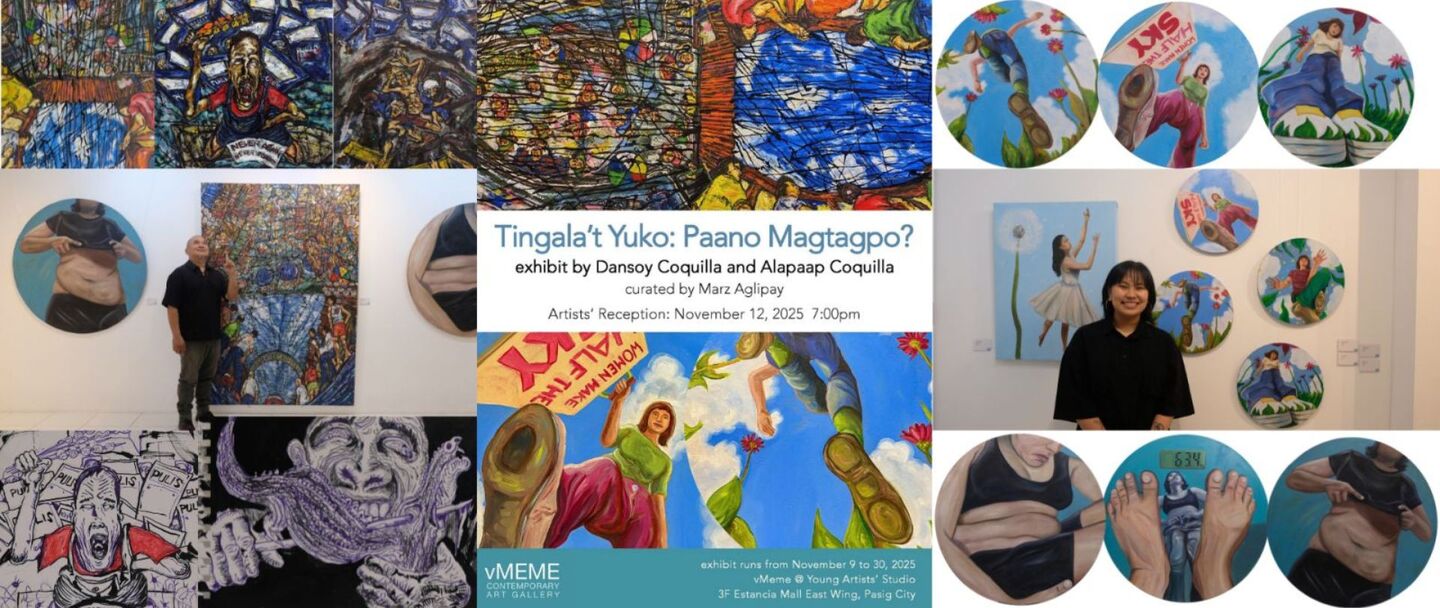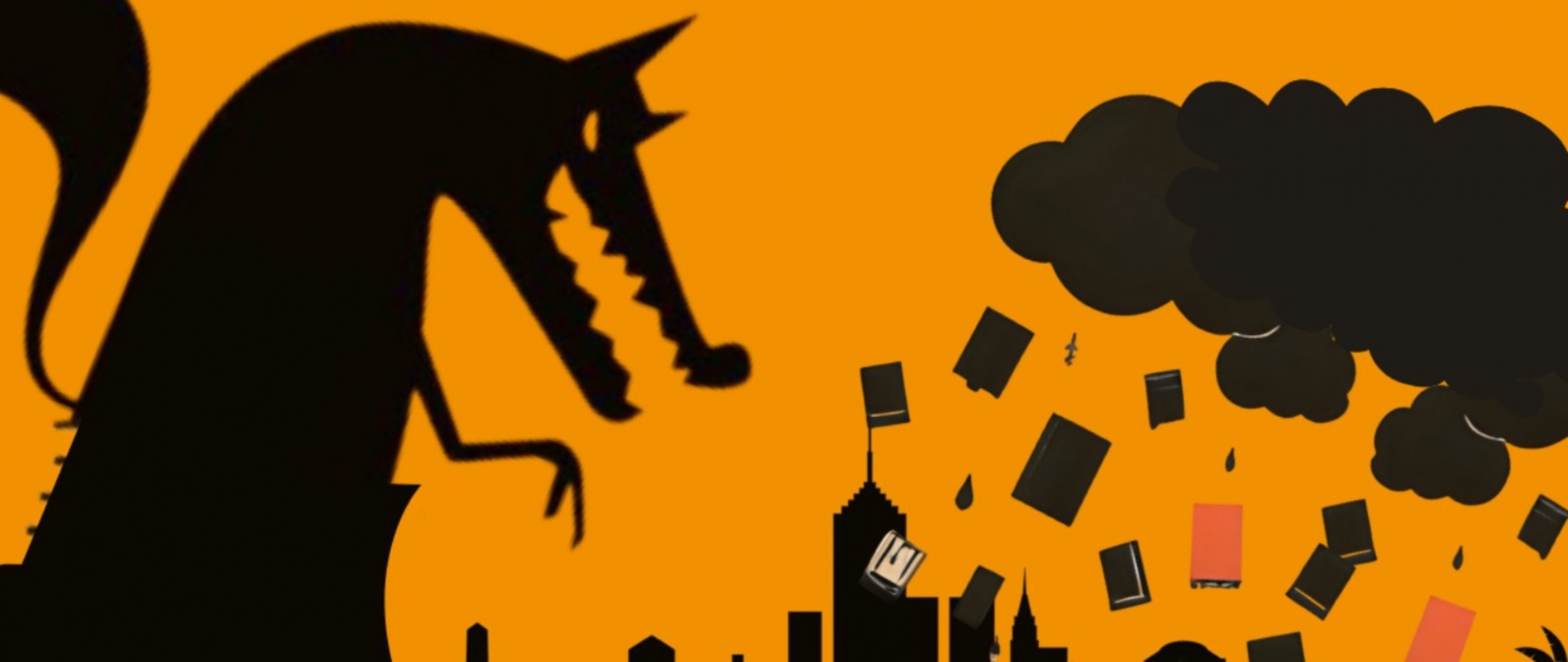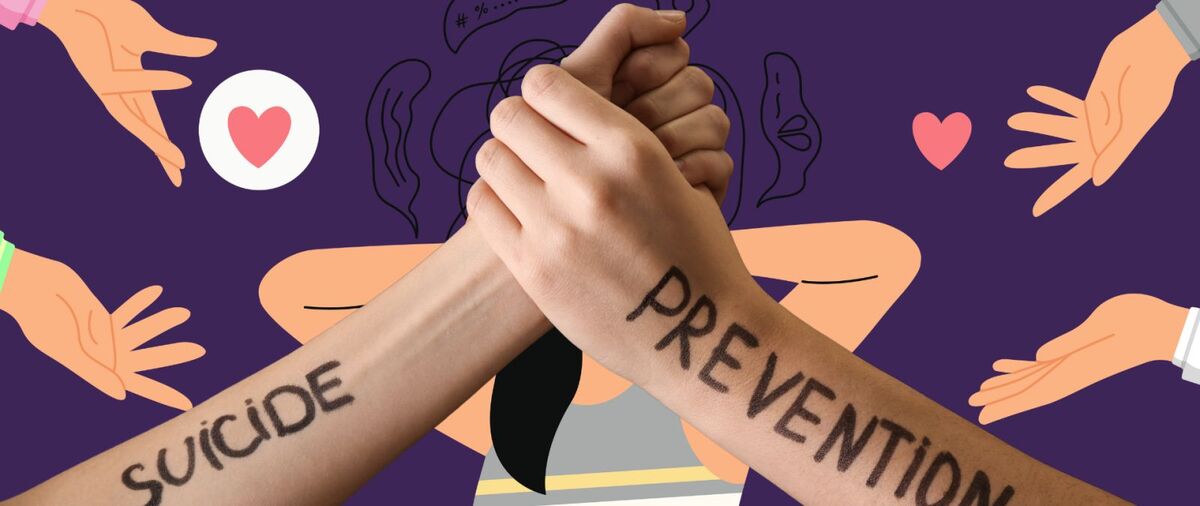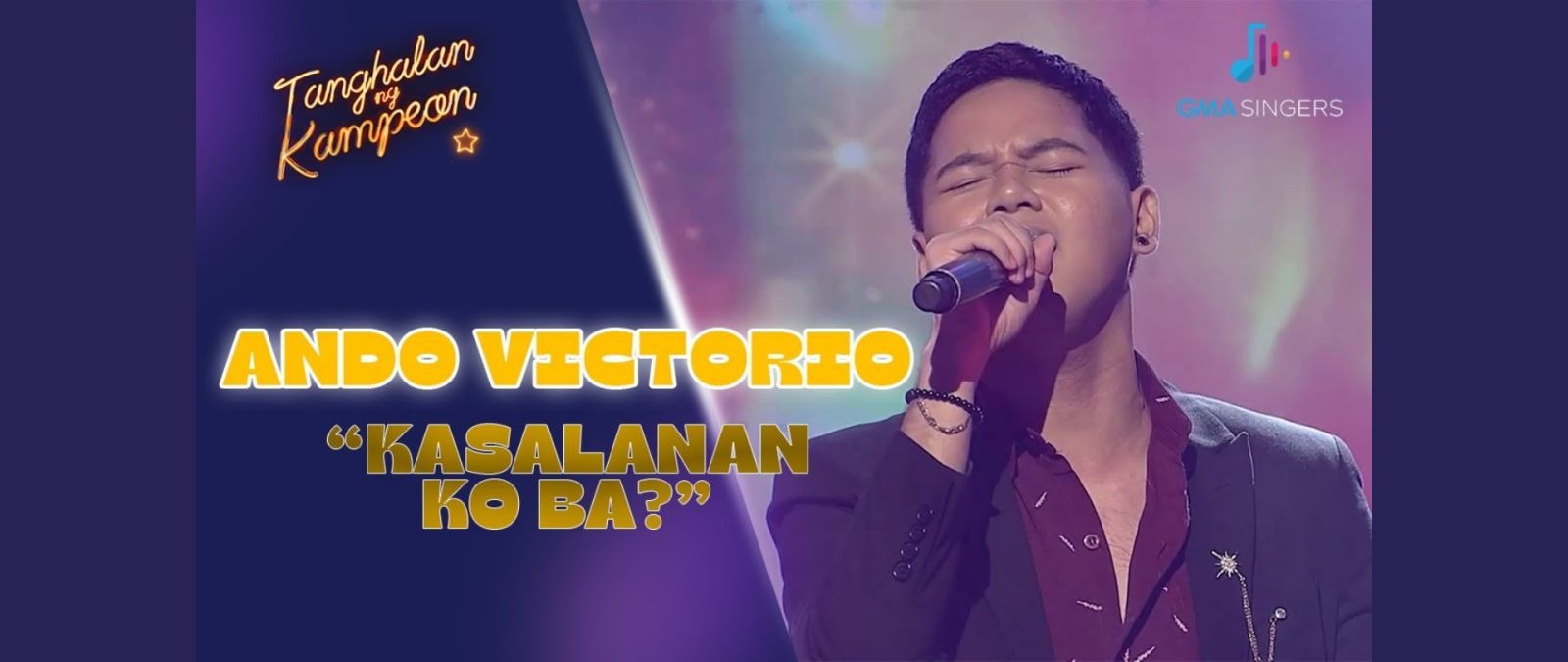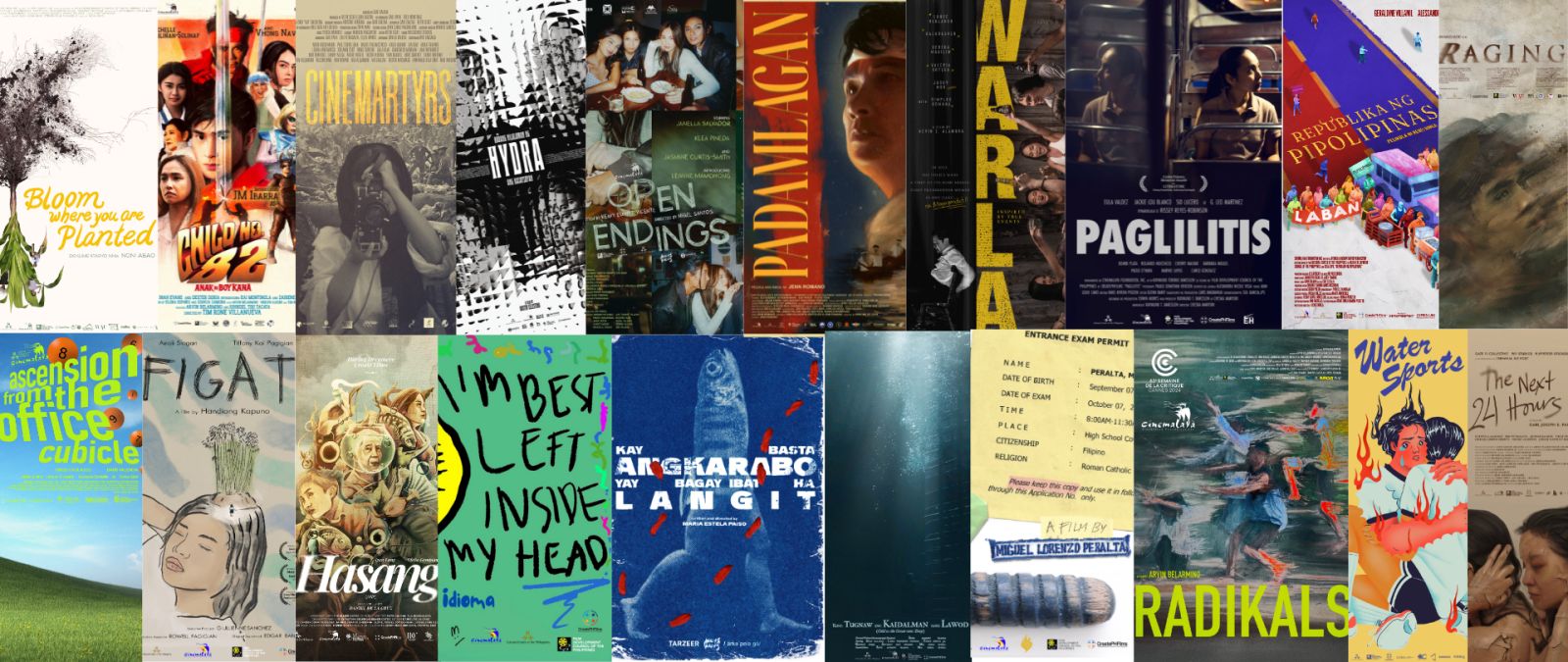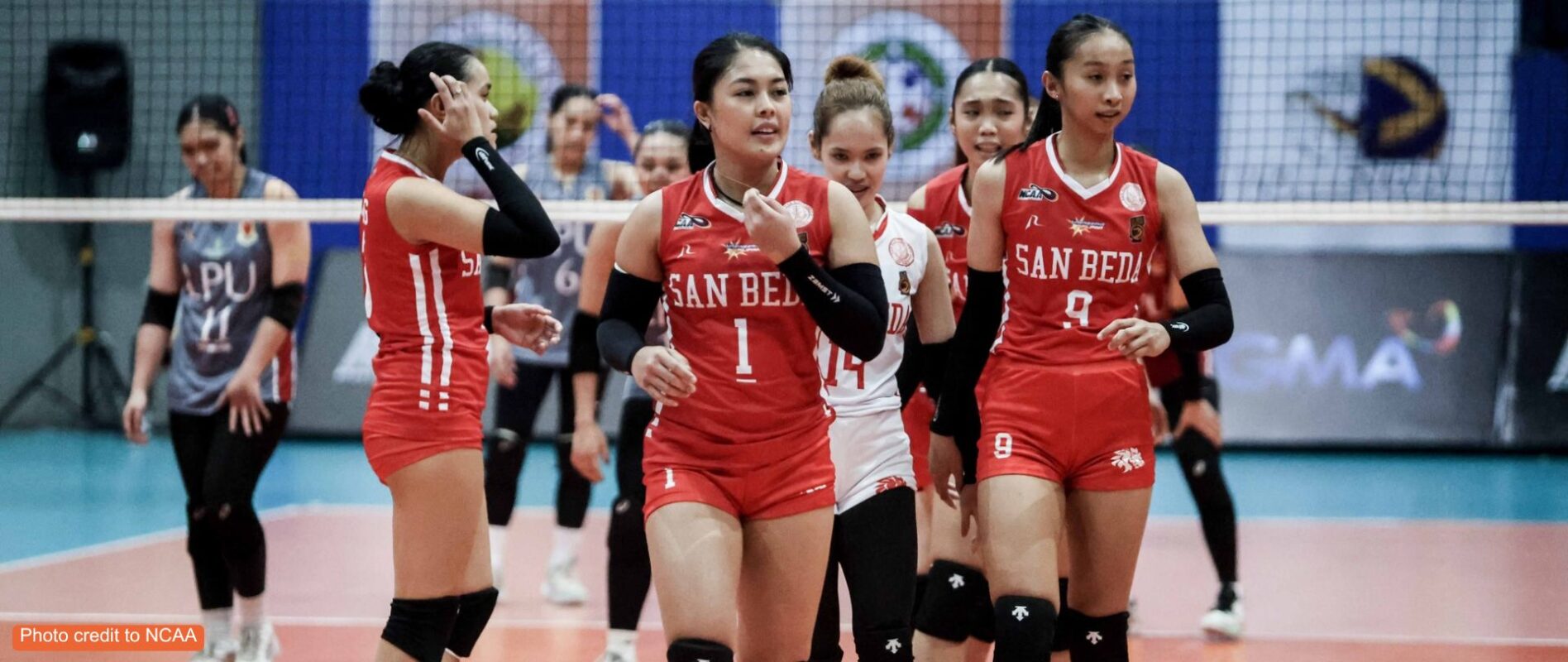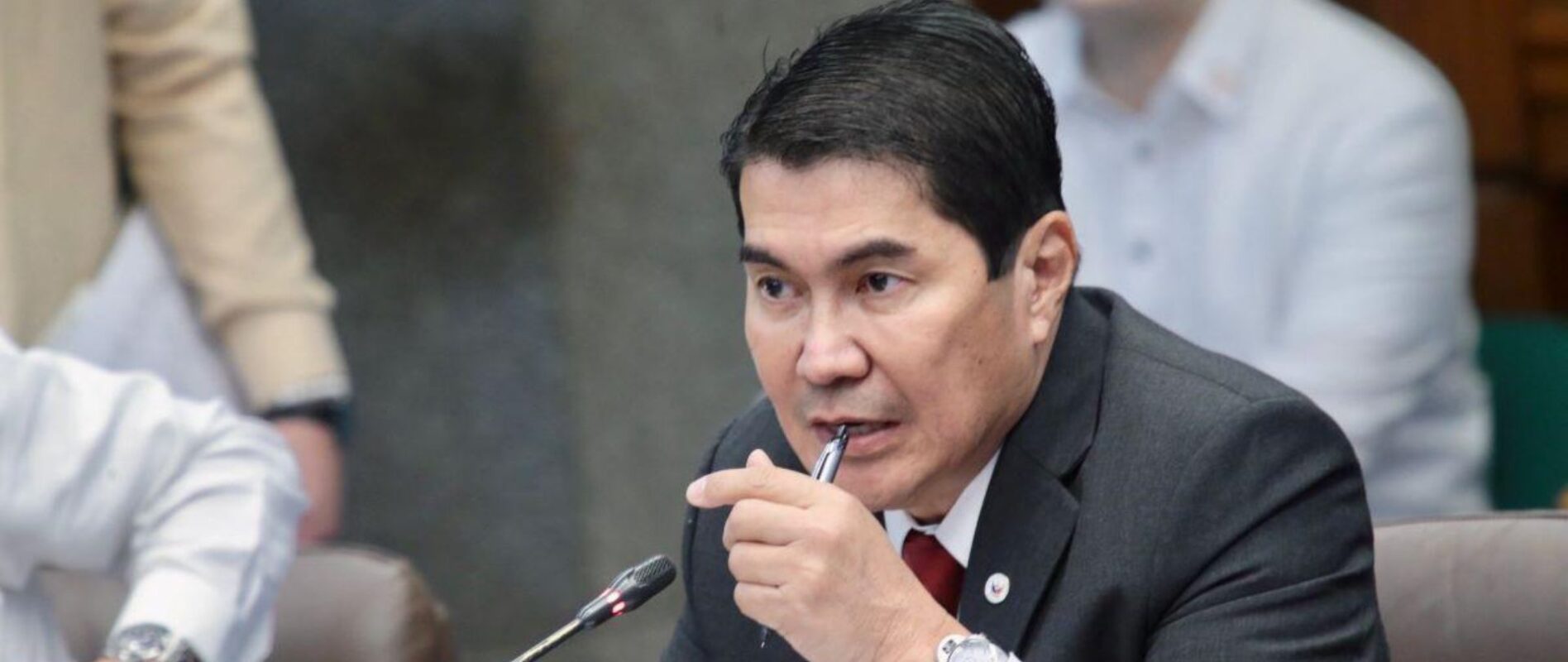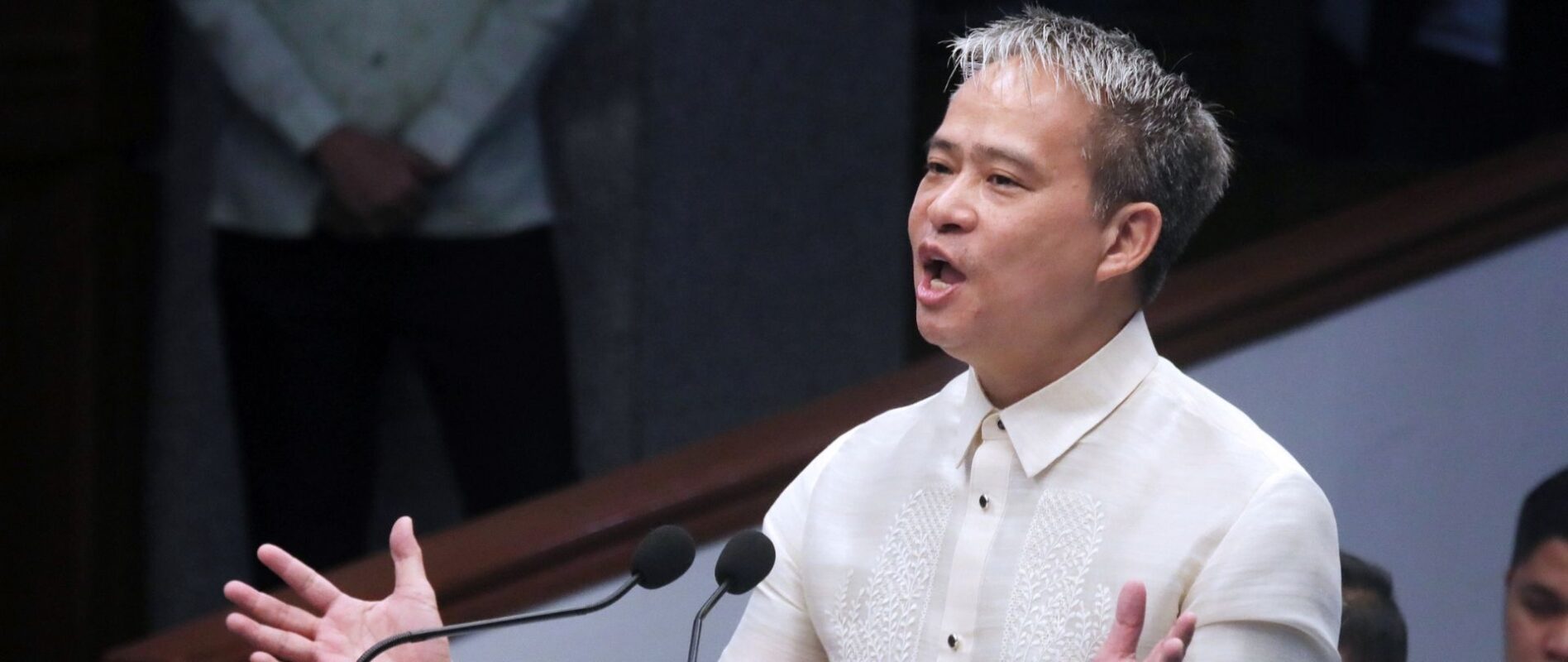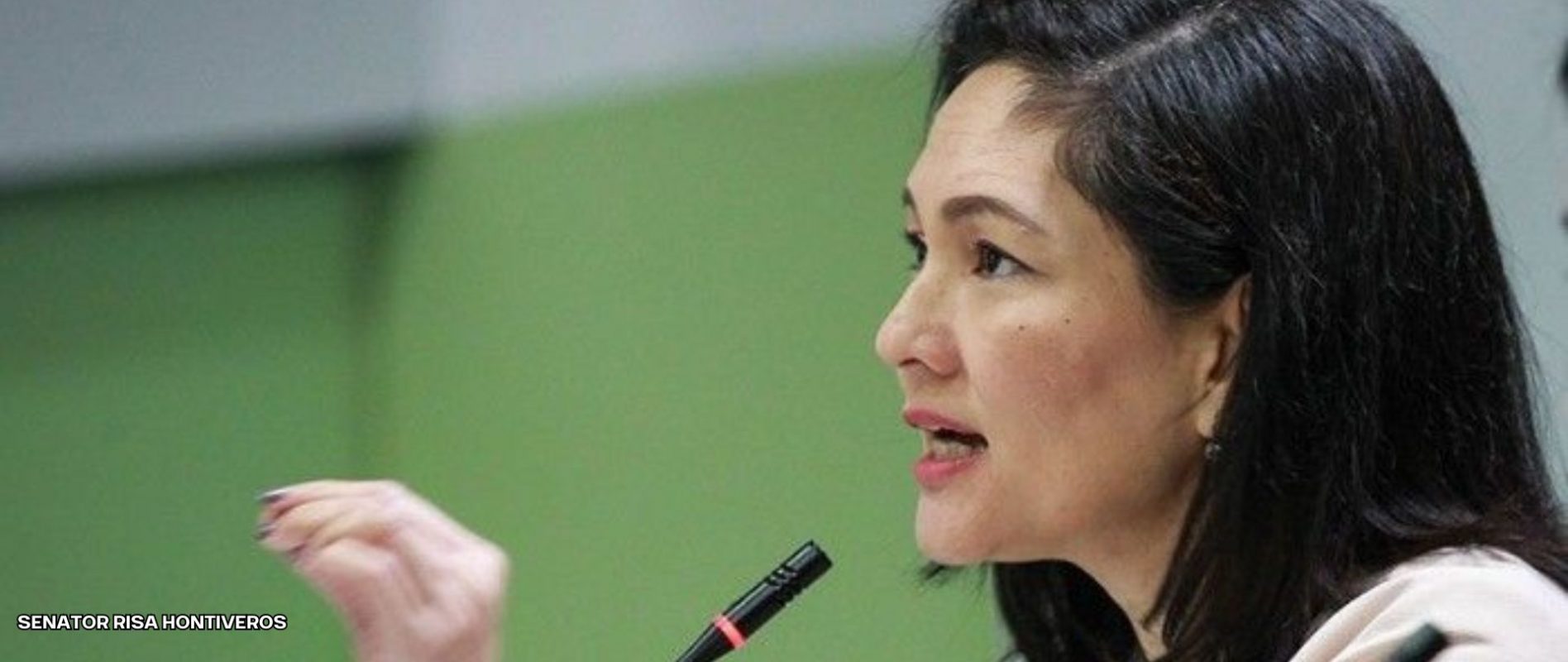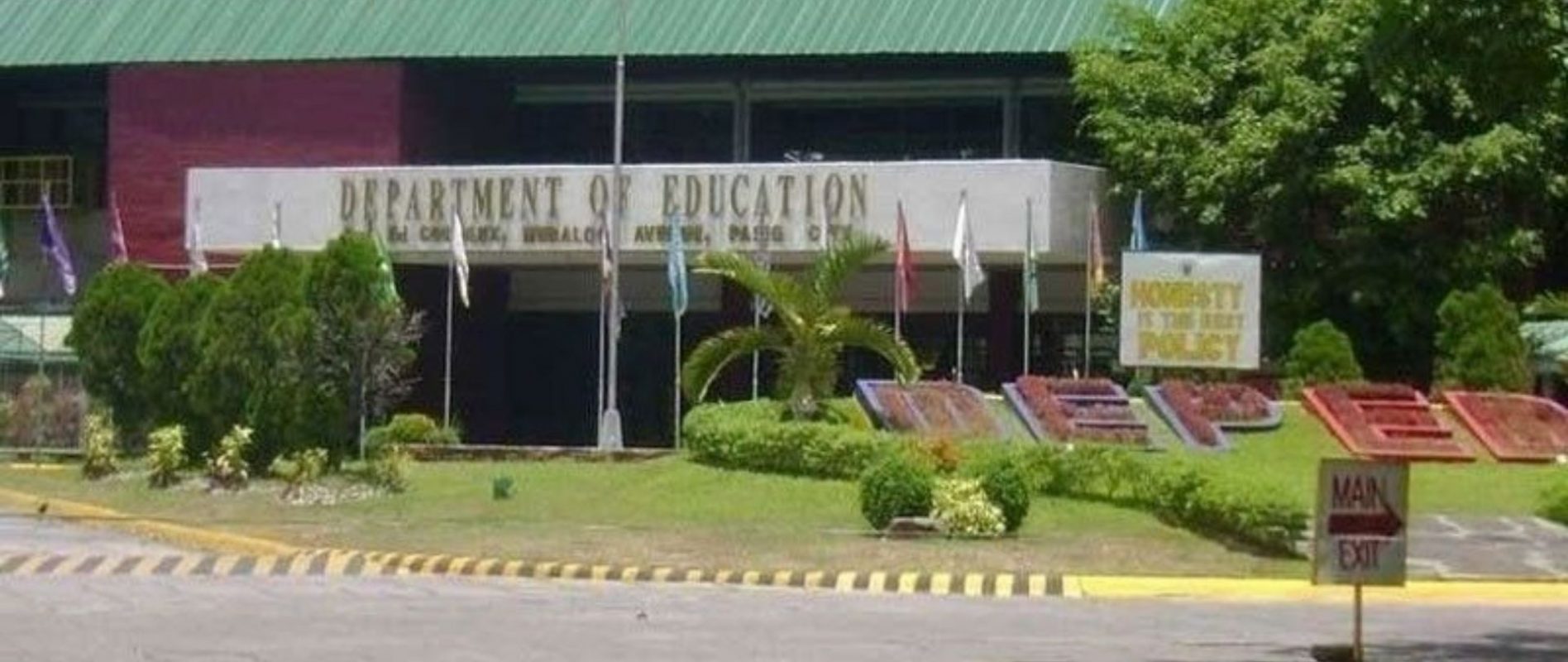ACTRESS NATHALIE HART DREW FLAK FOR CALLING QUEER PORTRAYAL ‘MOST DIFFICULT’ ROLE TO ‘SWALLOW’—AND HERE’S WHY THIS IS A PROBLEM
In case you haven't realized yet, when an actor says playing a queer person is a tough pill to "swallow", it isn't a difference in opinion, it's internalized homophobia. And when the LGBTQIA+ community said they want media representation, they did not mean straights–more so, straight homophobes–portraying (and getting paid) telling their stories.
When actress Nathalie Hart revealed that it was hard for her to portray herself as a genderqueer woman in the hit show Maalaala Mo Kaya (more prominently known as MMK), the public immediately called her out, placing her name on the Philippines’ trending topics last week.
In the MMK episode “Kwentong Rotin,” Hart stepped in the shoes of digital content creator Tina Boado who identifies herself as a lesbian. But Boado and her partner Roanne Carreon were “frustrated” after the actress made a rather tactless remark about her role.
In an article, Hart said that it was hard for her to “swallow” the role of being a lesbian. “It’s my first time to play a lesbian role. I’m very excited na nagawa ko siya at nalunok ko yung role na ito. I think I gave justice to the role.”
“The role is so difficult because you have to think that you’re in love with a woman. It’s so hard. It’s easier for me to stare into the eyes of a man, any actor, but not with the same sex,” the actress stressed.
In another article, Hart went as far as saying that she would rather play the role of a gay man than a lesbian because they would have been attracted to the same gender. “I could take on the role of a gay man [because we’d be attracted to men] if it’s a lesbian we’re just so different.”
For Boado and Carreon, Hart’s take on her lesbian role was heartbreaking.
“Nothing more frustrating than having your love story depicted on mainstream media, only for you to find out later on that a homophobe played your role. Our story deserves better. Queer stories deserve better,” Boado said on Twitter.
Nothing more frustrating than having your love story depicted on mainstream media, only for you to find out later on that a homophobe played your role.
Sorry kung hindi mo maasiwa yung katiboan ko ha.
Our story deserves better.
Queer stories deserve better. #MMKwentongRoTin pic.twitter.com/ZWtLvRxpaq— Tina B. #MMKwentongRoTin Feb. 27 ???? (@inaurner) February 24, 2021
Meanwhile, Carreon hoped that the event would raise more awareness and create more allies for the LGBTQIA+ community.
“This is so heartbreaking to us because it manifests our reality. The MMK team reached out to us and promised to do better. Let’s take this opportunity to educate, raise awareness, and create more allies,” the digital content creator added.
Let real LGBTQIA+ people play queer roles
The debate on cisgendered actors taking on gay roles in mainstream and independent entertainment isn’t exactly new. In the past, in fact, it has stirred a lot of dialogues and differences in opinion but the discussion only highlights a universal fact that at this point, there shouldn’t even be a debate to begin with.
Why are LGBTQIA+ roles in mainstream media given to straight people and why, in many instances that straights land on these roles, they are not completely aware and prepared not just to give justice to the characters and to understand the value and meaning that proper representation holds in shaping an unbiased society.
Remember when actors in BL series, My Day: The Series, Miko Gallardo and Aki Torres, when asked about BL, gave doubtful answers about the genre they are trying to get into, until Torres irked the community even more with a misinformed notion, “Boys’ Love po, it doesn’t mean na gay. So, it was two straight guys na nagka-in-love-an.” Months later, the same actor would then make a tearful call on social media for fans to stop “shipping” him and his co-actor, highlighting that they are “just playing roles.”
According to screenplay writer and LGBT rights advocate Juan Miguel Severo, it is very important that queer roles be given to real queer people because they understand the plight of the community.
He wrote, “Please, please, please, prods! If you can’t really cast members of the LGBTQIA+ community, [at least] observe due diligence to make sure that these actors are aligned with the politics and the message of your story.”
In a country that is not too accepting of genders beyond man and woman, the genderqueer community finds it so hard to put themselves in a place that celebrates their rights. At the end of the day, queer people’s lives are not just roles that can be portrayed on television or big screens.
When the LGBTQIA+ community called for representation, they did not mean for their lives to be turned into mere entertainment.

